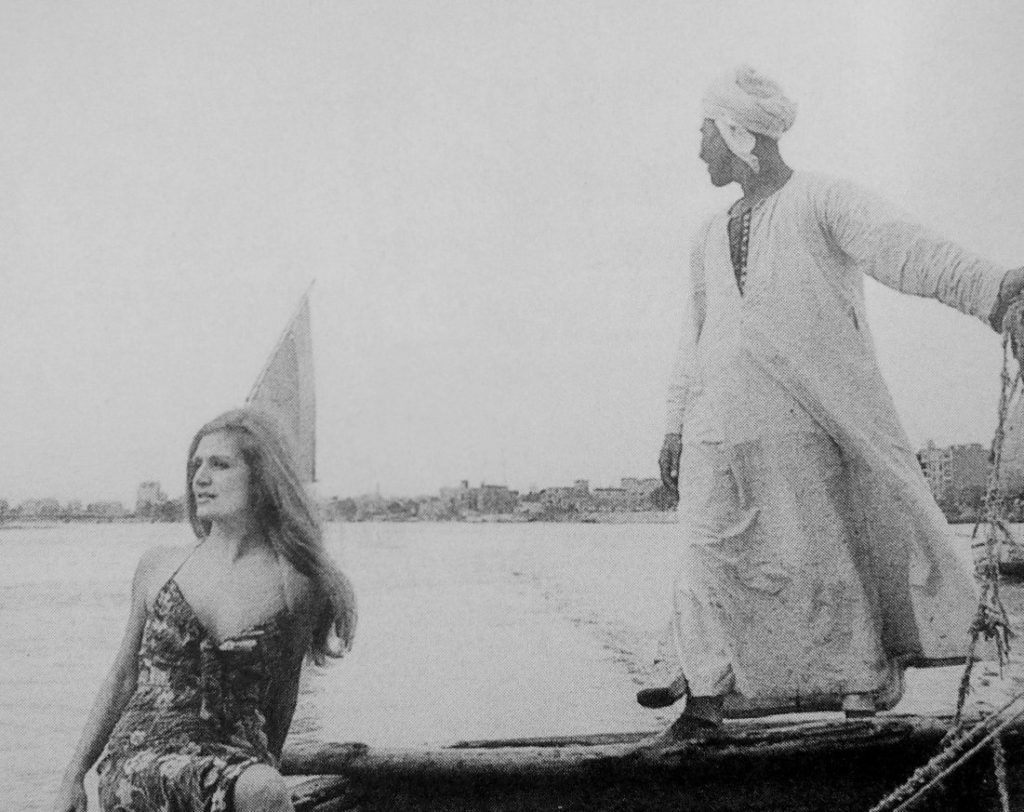By Muhammed Aladdin.
If by chance you happened to use Google today, you may have noticed the glamorous violet-colored, neon lights decorating the website’s homepage and the female figure at its center, pouring her heart out; to satisfy your curiosity, the number-one search engine is paying homage to the Egyptian-born, French singer/legend Dalida.

The woman that made the world fall in love with her voice, Iolanda Cristina Gigliotti was born on this day in 1933. We all know her now by her iconic stage name Dalida. In her teenage years, Dalida developed an interest in acting, and, more than often, she participated in school performances until her graduation in 1951.
On her 21st birthday, Dalida got her mother’s blessing to take part in Miss Egypt competition; the judges were overwhelmed by the beautiful, young Dalida, and she won the Miss Egypt crown in 1954. The well-deserved victory kickstarted her career as the French Film Director Marco de Gastyne took notice of her and convinced her to travel to Paris to play a leading role in his classic film Le Masque de Toutankhamon.

To support her acting career, Dalida used to sing at different venues, and there her talent was discovered, and sooner than later, the actress-turned-singer had her first record deal, and gave the world her first single: “Bambino”. It told the story of a young, heartbroken boy who plays the mandolin to soothe the pain. The melancholic song dominated the top charts of France for the year 1956, and Dalida became a household name overnight.
The singer continued on to release more than 45 studio albums and hold concerts all over the world. Her multicultural background and her ability to sing in Arabic, French, and Italian enabled her to connect with audiences across the globe.

You might know her for singing “Je suis malade,” “Laissez-moi danser”, “Besame Mucho”, and “Mourir sur scène” in French, while her famous Arabic songs included “Helwa ya balady”, “Salma ya salama”, and “Aghani Aghani”.
When performing in Egypt, she used to ask the audience in Arabic “mabsoteen?”, which is roughly translated to “are you having a good time?”
Although her life has ended in tragedy, Dalida will always be one of these characters that are larger-than-life. She bridged the gap between millions of people who all shared a love for music.

WE SAID THIS: Thank you Dalida for the way you changed us and the world for the better with your music.



